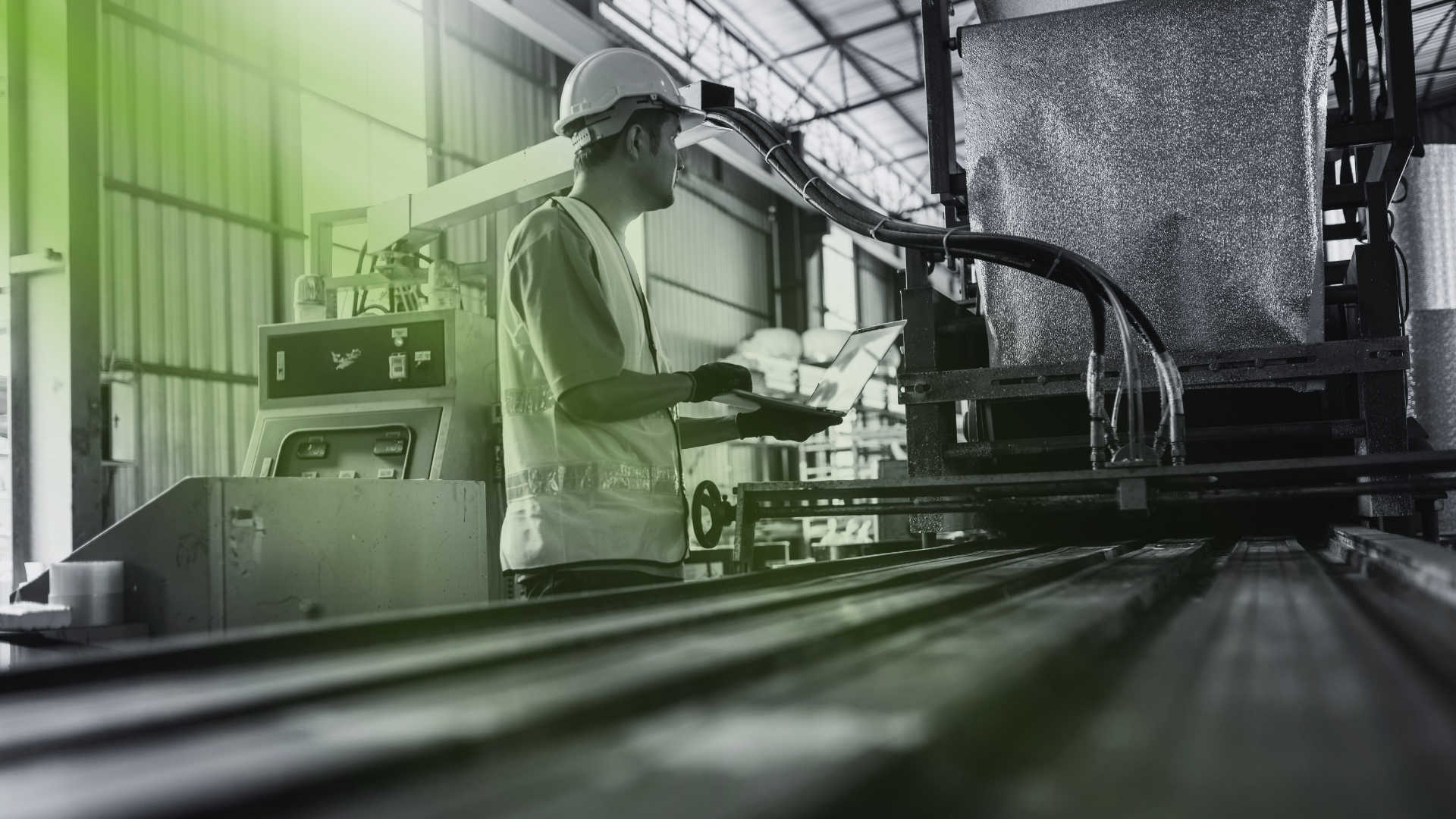As we move into Q2, we took a look at key market and hiring trends in the manufacturing and automotive sectors, along with evolving priorities for HR professionals in these industries.
The first quarter of the year marked a dynamic period for the manufacturing and automotive industry, characterised by evolving market demands, technological advancements, and ongoing supply chain recalibrations. Our latest report provides a comprehensive overview of key performance metrics, emerging trends, and strategic developments that shaped the sector from January through March. From production output and sales performance to innovations in electric vehicles and automation, the data highlights both challenges and opportunities that are setting the tone for the rest of the year.
Market Trends Q1 - Manufacturing & Automotive:
Supply Chain Transparency - As supply chains become increasingly complex, transparency has become a crucial focus for manufacturers. Blockchain technology, known for its security and transparency, will be more widely adopted moving further into 2025 to track products and materials from production to delivery.
Using blockchain, manufacturers have created a transparent record of each step in the supply chain, from raw material sourcing to final product delivery. This has helped reduce fraud, improve traceability, and ensure the ethical sourcing of materials. Blockchain could also streamline payment processes and improve overall supply chain efficiency.
Sustainable Manufacturing - Sustainability is one of the most prominent trends in manufacturing in 2025, as businesses and consumers alike push for greener practices. In response, manufacturers have focused on reducing carbon footprints, waste, and energy consumption in their operations.
From using renewable energy sources to embracing circular economy principles - where products are reused, refurbished, or recycled instead of being discarded -manufacturers have implement greener processes. Additionally, companies will be increasingly transparent about their sustainability efforts, leveraging eco-friendly packaging, reducing water usage, and investing in clean energy technologies.
Market Trends Q1 - HR:
Skills-Based Hiring - In Q1 2025, HR teams across the UK manufacturing and automotive sectors increasingly adopted skills-based hiring, prioritising practical competencies over traditional qualifications. With the rapid shift towards automation and electric vehicle (EV) production, companies are focusing on in-demand skills such as robotics, data analysis, and EV technology. To better align with these evolving needs, HR departments are leveraging AI-driven tools to assess technical abilities and updating job descriptions to reflect specific skill requirements.
Upskilling and reskilling initiatives are key to ensuring UK workers stay competitive as new technologies emerge, while the growing demand for green-collar jobs in sustainability and EV manufacturing is driving recruitment for professionals with expertise in eco-friendly practices. This skills-based approach is also helping to enhance diversity by broadening access to a wider range of talent.
DEI and Sustainability - Diversity, equity, inclusion (DEI), and sustainability have become central to HR strategy in the UK manufacturing and automotive sectors. HR teams are using data-driven approaches to address representation and pay equity gaps, while implementing inclusive hiring practices like blind recruitment and diverse panels. At the same time, HR is aligning workforce planning with sustainability goals, such as retraining employees for EV roles and promoting green practices like sustainable commuting and eco-friendly office policies.
By integrating DEI and sustainability into HR strategy, companies are better positioned to meet stakeholder expectations and ensure long-term resilience.
Hiring Trends Q1:
- Digital Skills - As Industry 4.0 advances, demand is growing for senior leaders with digital transformation expertise. CTOs, CIOs, and COOs must blend technical skills with strategic vision to integrate AI, automation, and IoT into operations.
- Sustainability & Green Expertise - In 2025, sustainability is a key priority for senior manufacturing leaders, fueling demand for roles like CSOs and Environmental Directors to lead green initiatives, ensure compliance, and drive sustainable tech adoption.
- Cross-Industry Leadership & Agility - Senior UK manufacturing roles now require cross-industry expertise, as overlaps with tech, logistics, and services grow, bringing fresh insight to strategy and innovation.
- Flexibility - Though manufacturing is hands-on, the pandemic underscored the value of flexibility in senior roles. In 2025, many executives, especially in supply chain, engineering, R&D, and strategy, are embracing hybrid work models to lead with greater agility.
- Employee Development - In 2025, senior manufacturing leaders are prioritising talent attraction and retention. HR Directors are focusing on workforce development, strong benefits, and inclusive cultures to tackle skills shortages and build loyalty.
To view the full Q1 report, download your free copy - here


